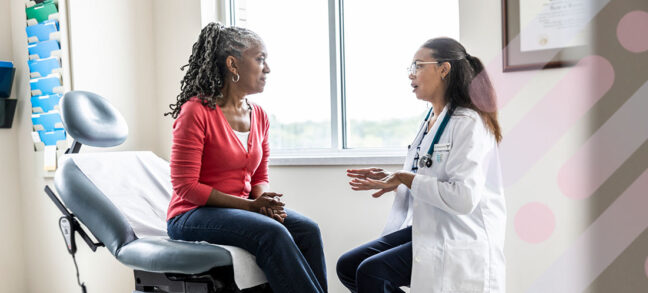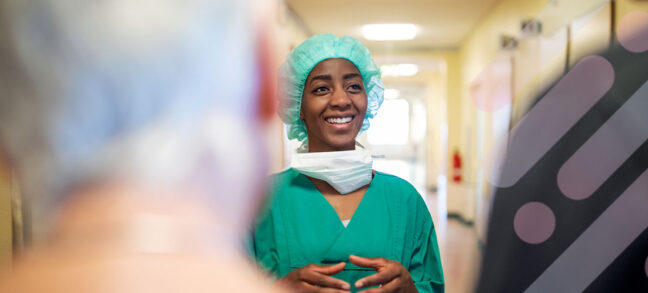Every year, thousands of patients travel near and far to take advantage of cancer treatment or breast reconstruction options not found closer to home. However, travel can feel like a real burden.
Determining if traveling for treatment or reconstruction is right for your particular situation depends on a number of factors. But travel alone should never stand in the way of you getting the care you need. Before you hop in the car or book a flight, consider a few important things you can do to make the experience easier on yourself.
reach out for help
Hotels rooms, gas, flights, rental car—it can all add up fast. But don’t let it stop you. First things first, make sure the health facility you’ve chosen is within your health insurance plan’s network. If not, check if your insurers are willing to cover your care. Cancer center experts may also be able to negotiate with insurers and help determine if you qualify for supplementary treatment coverage.
You may also find it helpful to discuss your plan with a social worker. He or she may be able to find you discounted places to stay. In fact, many hotels and airlines offer discounts to patients traveling for medical care. There are also numerous care organizations that may help shoulder some of the costs.
trust in friends and family
While the financial obstacles may seem obvious, many don’t consider how hard it can be to leave your support network of family and friends. Depending on your situation, you may need to arrange for help at home, as well as emotional support while away.
It’s always difficult to ask for help from friends and neighbors, especially for what could be an extended amount of time. Stay strong and be realistic with yourself. What exactly do you need and for how long? Once you’ve figured that out, be upfront with people about the kind of commitment you’re asking of them. Chances are, you’ll find many people happy to help.
For some, being away from family and friends is as difficult as the cancer treatment itself. If possible, take a friend or family member with you. When that’s not possible, ease the feelings of loneliness by connecting with support groups or taking advantage of counseling services within your place of treatment. It can also help to personalize your space, filling it with comforting objects from home. It seems like a small thing, but it can make a huge difference for your overall well-being. And remember, family and friends are always just a phone call, email, text or video chat away.
take care of practical matters
Before you head out, make sure to gather all your medical paperwork, including scans or lab tests. Your doctor may have arranged to have everything sent before you arrive, but it’s always smart to carry a copy of your records, just in case. You may also want to consider using a mobile app to keep track of important things like appointments, questions, medications and other medical history.
Be sure to discuss your plans with your home-based healthcare team. Ask them about travel restrictions or any extra precautions you should take. Finally, make sure all your prescriptions are refilled and ready to go.
Resensation Blog

How does mastectomy impact the nerves in the breast?
One sometimes overlooked aspect of mastectomy is its impact on nerves. Read what happens to nerves during mastectomy and explore…
Read More
What happens during implant breast reconstruction with Resensation®?
By repairing sensory nerves, Resensation® enables you to potentially regain sensation to your chest. Read how this procedure works during…
Read More
how resensation® helped Leanna feel secure in her family’s future
With Resensation®, Leanna can be there to watch her kids grow up—without losing the feeling of being whole.
Read More
sensory retraining: what is it, and how can it help me after resensation®?
Sensory retraining is a series of exercises designed to help you reconnect with your body after breast reconstruction with Resensation®.
Read More